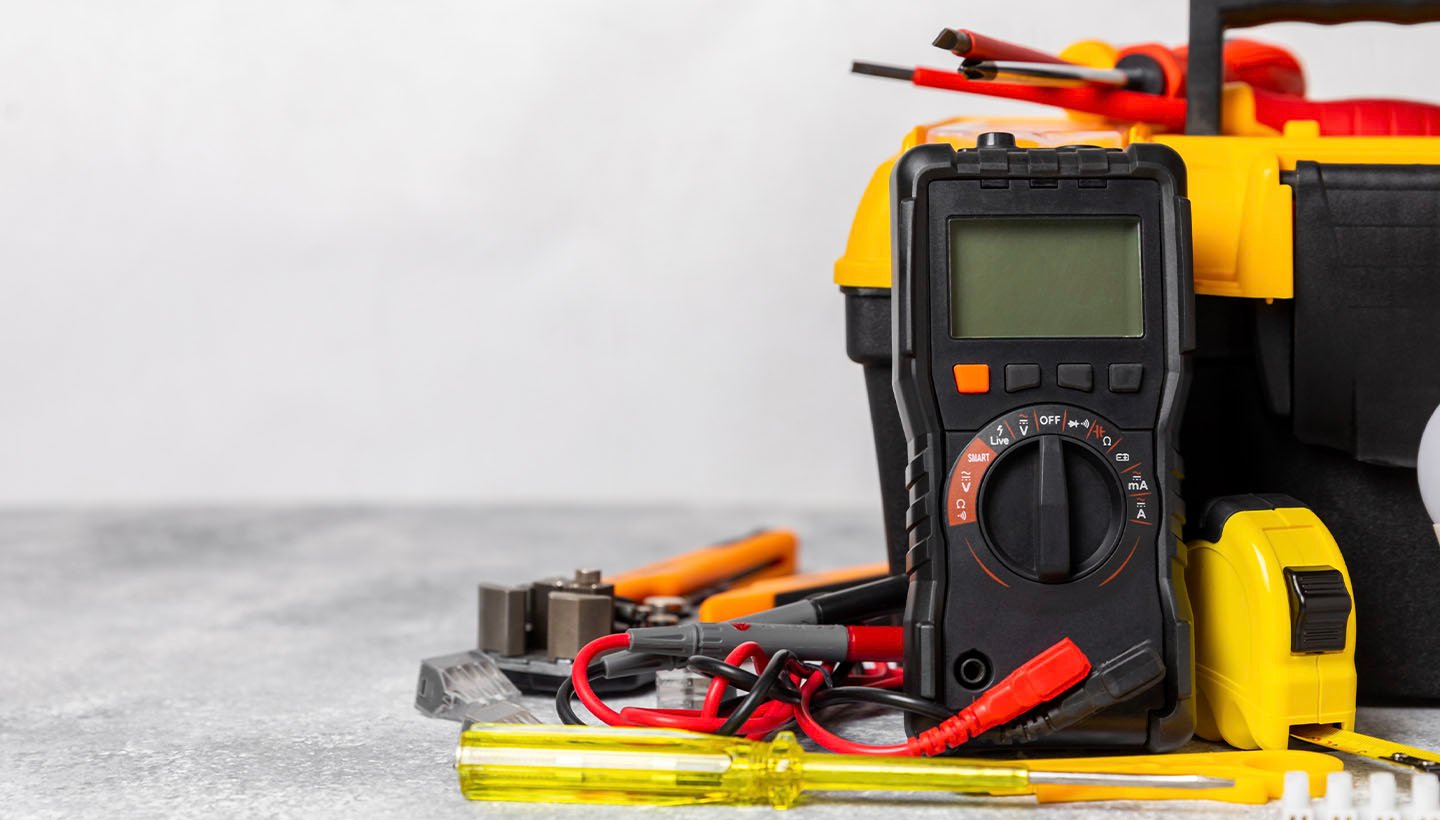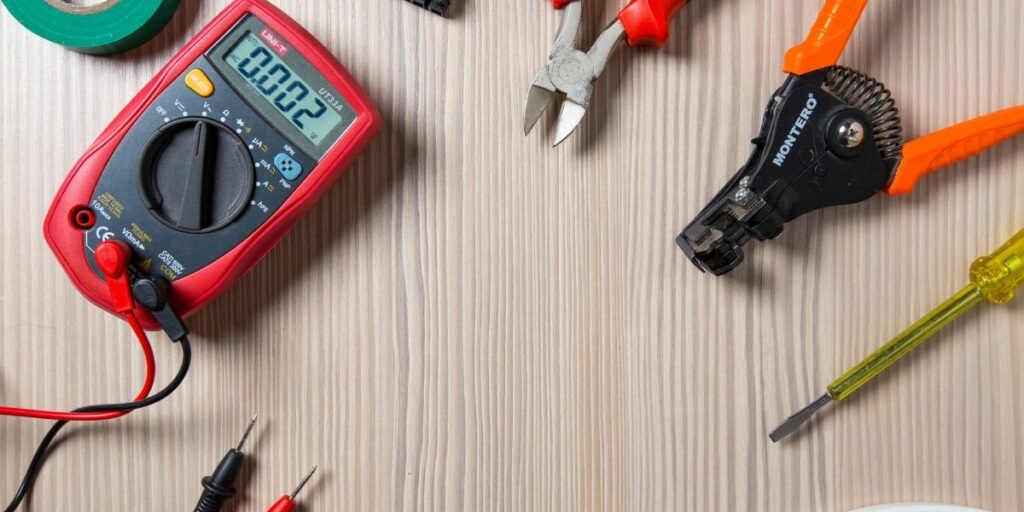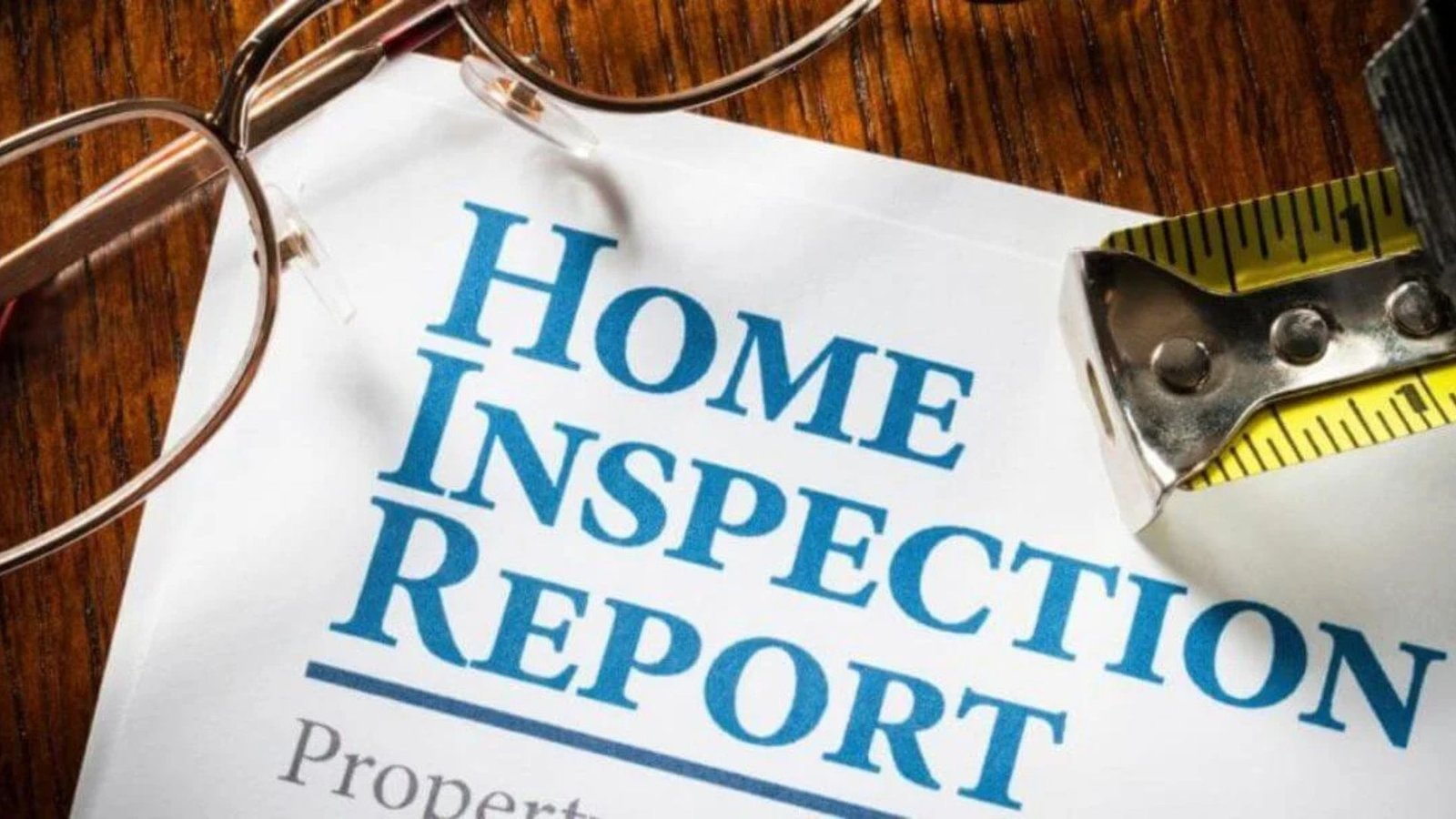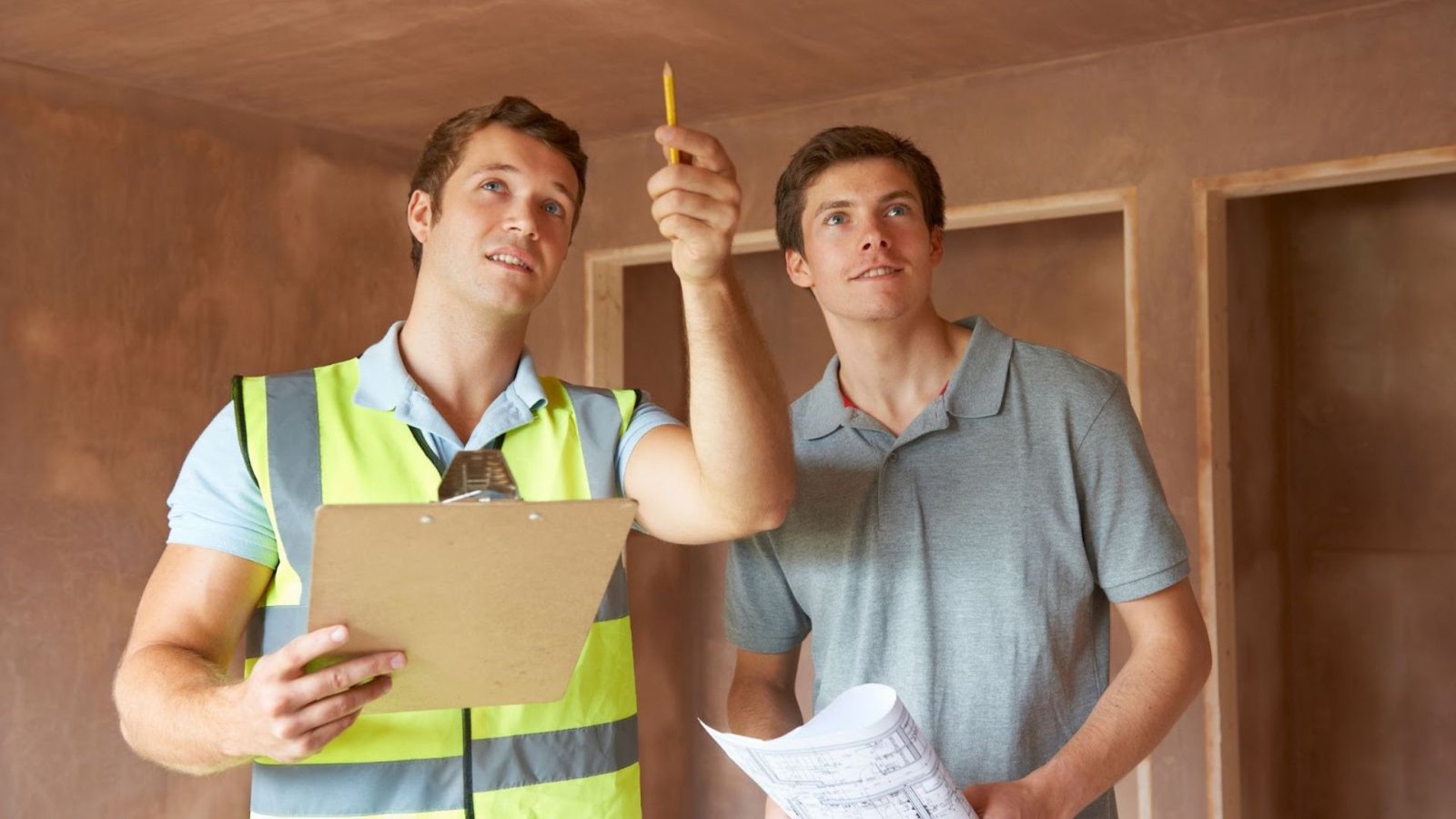Having the right home inspection tools for homeowners can make a big difference when maintaining or buying a house. Whether you want to check your home’s structure or catch small problems before they become bigger issues, having reliable tools is essential. These tools not only save you money but also help you ensure the safety and longevity of your home. Let’s discuss the best tools you’ll need and how to use them effectively.
Flashlight: Your Basic Inspection Tool
A good flashlight is one of the most important home inspection tools for homeowners. Even during the day, certain parts of the house, such as basements or attics, can be dimly lit. A bright flashlight helps you spot cracks, leaks, or signs of pests in areas that are hard to see. Choose a flashlight with adjustable brightness so you can focus light on both small and large spaces.

Moisture Meter for Detecting Water Issues
Water damage is a common problem in homes, and a moisture meter can help you find it early. This tool measures the level of moisture in wood, walls, or other materials. It’s especially useful if you suspect leaks or damp areas in your home. High moisture levels can lead to mold growth or weaken your home’s structure, so using this tool during inspections is crucial.
Infrared Thermometer for Temperature Checks
An infrared thermometer is another valuable tool for homeowners. It helps you check for temperature differences in your home, which can indicate issues like poor insulation or HVAC system inefficiencies. Simply point it at a wall, vent, or appliance to get a quick temperature reading. This tool is easy to use and can save you money by identifying energy inefficiencies.
Ladder for Reaching High Areas
A sturdy ladder is essential for inspecting roofs, gutters, or tall ceilings. Make sure the ladder is secure and tall enough to reach the areas you need to check. Look for a ladder with non-slip feet for added safety. Having this tool ensures you can thoroughly inspect all parts of your home without skipping hard-to-reach areas.
Level for Structural Checks
When inspecting a home, it’s important to make sure walls and floors are straight and even. A level is a simple yet effective tool for this purpose. It helps you detect sloping floors or uneven walls, which could be signs of foundation issues. Use this tool in multiple areas of your home for accurate results.
Electrical Tester for Safety
Electrical testers are vital for checking outlets and circuits. These tools ensure that outlets are grounded and that there are no wiring issues. Faulty electrical systems can pose a safety hazard, so using this tool regularly is important. Some testers also include a built-in GFCI tester, which is great for bathrooms and kitchens.
Binoculars for Roof Inspections
If you’re not comfortable climbing a ladder, binoculars are a great alternative for inspecting your roof. They allow you to check for missing shingles, sagging gutters, or other roof problems from the ground. This tool is especially useful for quick checks after a storm or when you notice debris on the roof.
Plumbing Inspection Tools
To inspect plumbing, you’ll need a few basic tools. A small mirror can help you see behind sinks or pipes, while a wrench allows you to tighten or loosen connections as needed. You can also use a drain snake to clear minor clogs. These tools are affordable and easy to use, making them a must-have for homeowners.
Stud Finder for Wall Inspections
When hanging heavy items or checking walls, a stud finder helps locate the wooden supports behind drywall. This tool ensures you avoid drilling into electrical wires or plumbing hidden in the walls. It’s easy to use and provides peace of mind when working on home projects.
Notebook and Camera for Documentation
Lastly, a notebook and camera are essential for keeping track of your findings. Take notes on areas that need repairs and photograph any damage or concerns. This helps you create a detailed record of your inspection, which is useful for tracking progress or sharing with contractors.
Conclusion
Having the right home inspection tools for homeowners makes it easier to identify potential problems and maintain your house effectively. From basic tools like flashlights and ladders to specialized devices like moisture meters and infrared thermometers, these tools help you inspect every corner of your home. By using these tools regularly, you can protect your investment and keep your home safe and in top condition.




